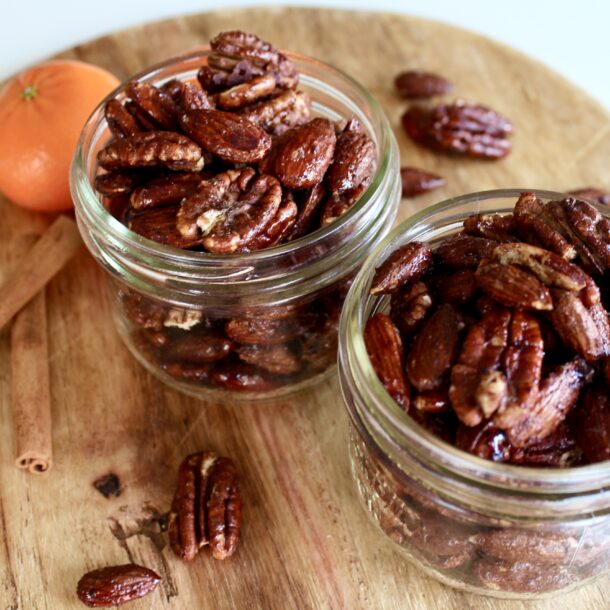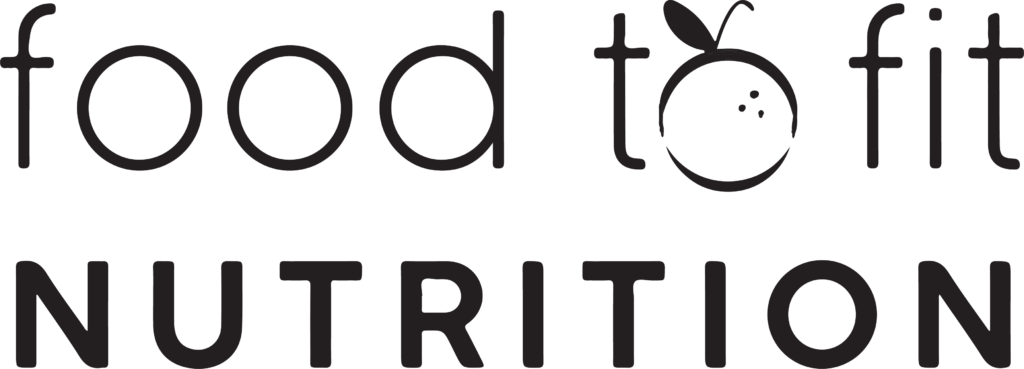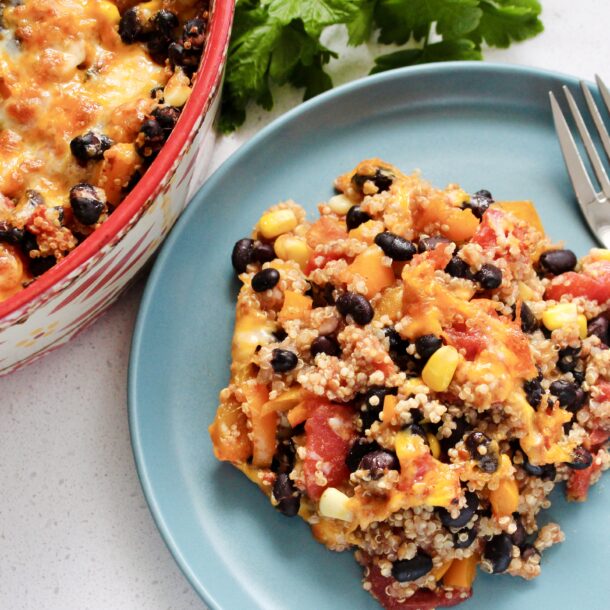
Best Foods for your Gut Microbiome
Written by Dietitian Student Kassandra Lestrat and Brooke Bulloch, RD.
Some say that variety is the spice of life. Funny enough, when it comes to your gut the same may be true.
As gut health dietitians, Colleen MacKay and Brooke Bulloch spend a lot of time with clients talking about the gut microbiome, gastrointestinal function and symptoms, and dietary management of conditions like Irritable Bowel Syndrome, Inflammatory Bowel Disease, GERD, and other conditions.
In this post, we define the gut microbiome, the role that food plays, and top 5 foods that benefit the gut.
What is the Gut Microbiome?
The gut microbiome is a complex ecosystem in the gastrointestinal tract made up of many diverse organisms (like, one hundred trillion of them!) and their genetic content. The diverse organisms in the microbiome are called microbiota and include bacteria, viruses, eukarya, fungi and archea. Most research to date focuses on bacterial microbiota and their role which includes digestion, metabolism, and immunity.
Dysbiosis is a disruption of the microbiome from a person’s unique, “normal” state. Dysbiosis leads to infection, disease, and/or medical conditions.
What is the Role of Food?
Food components and dietary choices can modulate gut microbiota composition.
Overall, having a large variety of microorganisms in the gut is beneficial (Leeming, Johnson, Spector, & Roy, 2019). According to a study conducted by the American Gut Project, people who consumed 30 or more plant foods each week had a more diverse gut microbiome than people who consumed 10 or less (McDonald et al., 2018). Plant foods are unique in that they provide a wide range of nutrients that nourish health-promoting gut bacteria. A diverse microbiome is considered beneficial to your health.
Plant based foods, generally, are rich in fibre. A diet higher in fibre can positively change either the microbial population within the gut, or the metabolites they produce. For example, some bacteria thrive on fibre and will grow in number. In contrast, other bacteria thrive on by-products of fibre breakdown (Dennett, 2018). Both demonstrate a benefit to the human.
Which Foods Benefit the Gut Most?
1) Garlic and Onion
These vegetables are a great addition to meals because of their flavour profiles. They also make great food for the bacteria living in the gut, thanks to their inulin content. That said, ALL vegetables are beneficial.
2) Whole Grains
Whole grains also make a great food source for gut microbes and have been shown to alter the gut microbiota positively. Look for the Whole Grains Counsel Whole Grain Stamp on food labels while shopping, or read the ingredient lists for whole grain items like:
- Brown/wild rice
- Quinoa – try our recipe: Zesty Quinoa and Bean Casserole
- Hulled barley
- Buckwheat
- Oats – such as Overnight Oats or Granola
- Whole grain whole wheat flour found in pasta, bread, bagels, or soft tortillas (usually the first ingredient on the ingredient list).
3) Fruit
Higher consumption of fruit has been associated with changes to the gut microbiota that lowers the risk of type 2 diabetes (Jiang et al., 2020). Choose whole fruit forms over juice, including fresh seasonal fruit, frozen fruit, or canned fruit. Bananas and apples, in particular, contain specific fibres that gut microbes love. Your choices don’t have to be fancy or expensive, look to what is accessible.
4) Pulses
Pulses include beans (e.g., black beans, kidney beans, and navy beans), peas (split peas or chickpeas), and lentils, and are a great source of fibre, folate, magnesium, and iron to name a few. Pulses contain prebiotic fibre including resistant starch. Prebiotics resist digestion and travel to the large intestine where bacteria metabolise and convert to short chain fatty acids (SCFAs). The activities of SCFAs have been well studied, showing benefits including: lowering inflammation, reducing risk for type 2 diabetes, supporting the intestinal barrier, improving immune function, and protecting cardiovascular health.
If you’re new to beans and unsure how to prepare or eat them, start slow and add to meat dishes. For example, this Lentil Kale Soup with Italian Sausage
5) Fish and Seafood
Omega-3 polyunsaturated fatty acids, especially found in fatty fish, helps to restore a healthy microbiome, increasing the production of anti-inflammatory compounds. They restore the balance between pathogenic and health-promoting types of bacteria. Fatty fish include salmon, trout, oysters, tuna (try our tuna “ceviche”) and many others. You find this guide helpful. If fish/seafood is not part of your diet, speak with a dietitian or Pharmacist about supplementing with a DHA rich omega 3 (seaweed or fish based).
The more variety in your diet, the more diversity in your gut! I hope this list helps with ideas on how to ADD gut-health promoting foods into your dietary pattern. Try not to stress about reaching 30 different plant foods in a week. Instead, simply focus on introducing one new food or recipe at a time. Your gut microbiome isn’t going anywhere, so you have time and can progress at your own pace. If you are struggling with digestive issues or with knowing where to start, meet with a gut health dietitian for support.
References
Dennett, C. (2018, July). Plant-Based Diets and the Gut Microbiota. Retrieved April 16, 2021, from https://www.todaysdietitian.com/newarchives/0718p36.shtml
Jiang, Z., Sun, T. yu, He, Y., Gou, W., Zuo, L. shi yuan, Fu, Y., … Zheng, J. S. (2020). Dietary fruit and vegetable intake, gut microbiota, and type 2 diabetes: results from two large human cohort studies. BMC Medicine, 18(1), 1–11. https://doi.org/10.1186/s12916-020-01842-0
Leeming, E. R., Johnson, A. J., Spector, T. D., & Roy, C. I. L. (2019). Effect of Diet on the Gut Microbiota: Rethinking Intervention Duration. Nutrients, 11(12), 1–28. https://doi.org/10.3390/nu11122862
McDonald, D., Hyde, E., Debelius, J. W., Morton, J. T., Gonzalez, A., Ackermann, G., … Knight, R. (2018). American Gut: an open platform for citizen-science microbiome research. American Society for Microbiology, 3(3), 1–28. https://doi.org/10.1101/277970
Rinninela, L. et al. (2019). Food components and healthy habits: keys for a healthy gut microbiota composition. Nutrients, 11 (10), 2393. https://doi.org/10.3390%2Fnu11102393
LET'S STAY IN TOUCH
Join our mailing list
Join our newsletter for more non-diet content including practical nourishment, recipes, nutrition myth-busting, and weight inclusive well-being.

Curiosity, self-compassion, food peace. Nutrition assessment, planning, and monitoring + food relationship counseling.
Food to Fit Locations:
#203, 2445 Broad Street
Regina, Saskatchewan
1124 8th Street East
Saskatoon, Saskatchewan





